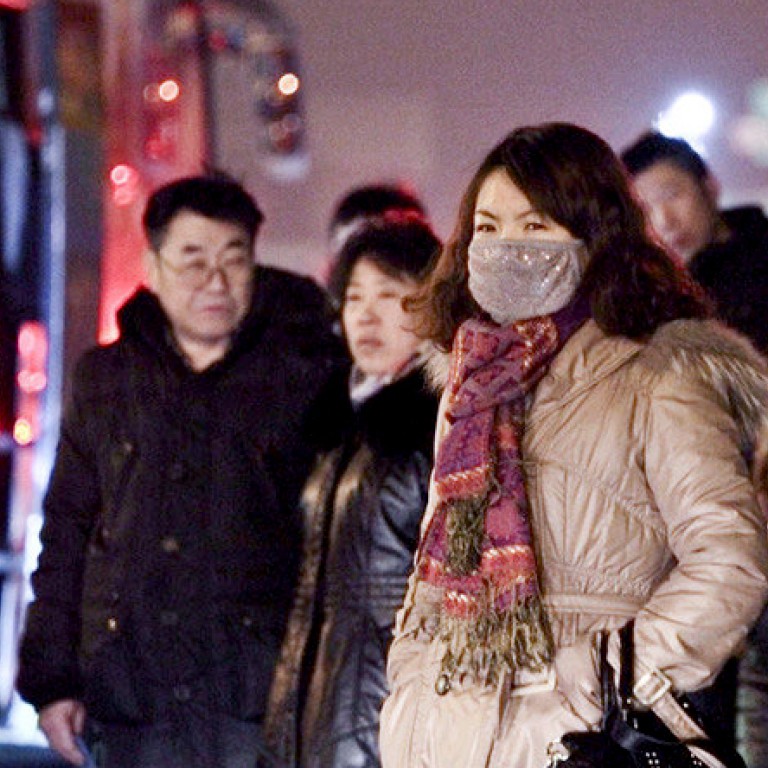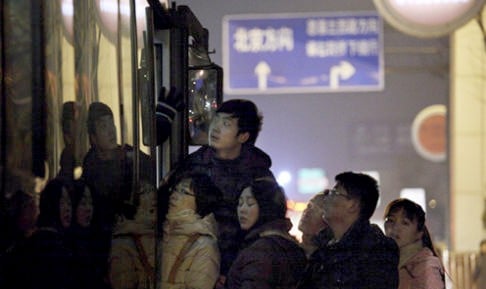
New | Life in a Beijing satellite town: Elderly parents queue for hours at bus stations for commuter children
Every weekday before dawn in the remote Beijing satellite town of Yanjiao, Hebei province, more than a dozen elderly people stand shivering in the cold as they take the early spots in long queues at the bus station.
They are there to hold places in the queues for their children, commuters who use the extra time to sleep before catching the bus rides, which may take up to two hours depending on how bad the traffic is, to downtown Beijing and begin their working day.
Some elderly parents told that they insist on doing this in spite of objections from their children.
Long queues forming before each dawn at bus stations have increasingly become a common scene in flourishing satellite towns surrounding the nation’s capital as a result of soaring housing prices in urban Beijing.
In the past year, the average housing prices in Yanjiao, which is 35 kilometres east of Beijing, has risen from 8,000 yuan (HK$10,100) to 9,400 yuan (HK$11,800) per square metre. However this is still less than half the prices of suburban areas in Beijing, and a far cry from a staggering 50,000 yuan-per-square-metre in the city centre.

Every day, some 300,000 commuters travel from Yanjiao to Beijing for work, and return home at the end of the day to sleep. This phenomenon has earned the town the nickname of “Sleeping Town”.
Beijing’s rapid expansion in the past 20 years has seen its population surge to 21 million this year. To cope with the explosive growth, the government has expanded the subway network to 17 lines, covering a total distance of 465 kilometres.
But even a decade’s worth of boosting infrastructure has not reached all towns at the city’s outskirts, like Yanjiao. Driving is also unfeasible as commuters are often trapped in traffic congestion during rush hours, while mounting costs of fuel and parking also make it a pricey option.

One of the elderly parents said she had been queueing at stations for her 31-year-old daughter for the past four years. She and those like her simply want their children to rest better, she said.
The Chinese government this month drafted an ambitious plan to integrate Beijing, Tianjin and Hebei into a mega urban cluster, which would include the development of four or five new satellite towns around Beijing.
The towns will serve the purpose of connecting the cities as well as becoming the headquarters for some city-based, labour-intensive businesses which have been plagued by the symptoms of megacities including pollution, traffic jams and surging populations.
The satellite towns are expected to be in the range of 30 to 70 kilometres from Beijing, and will be connected to the city via rail links.
